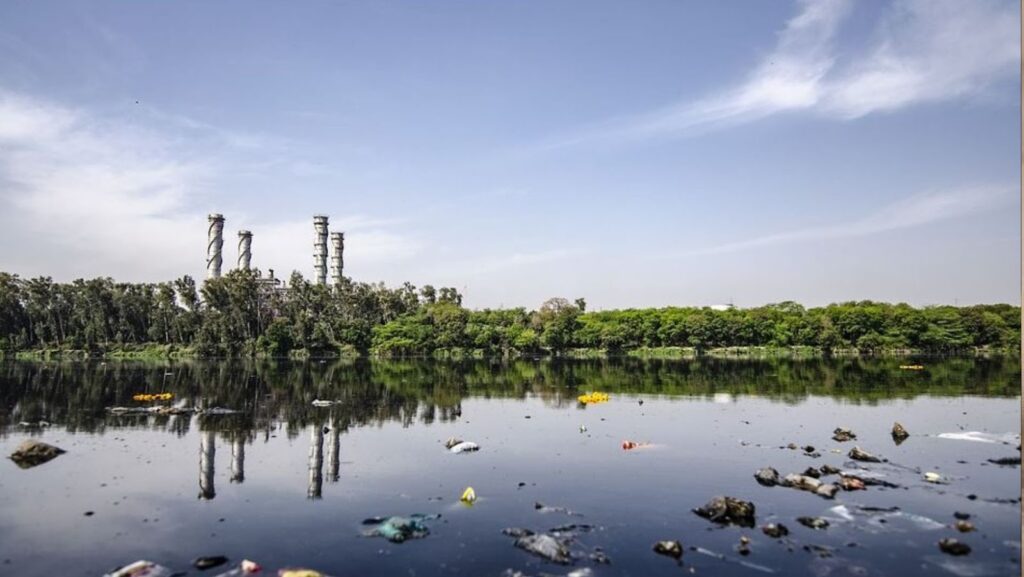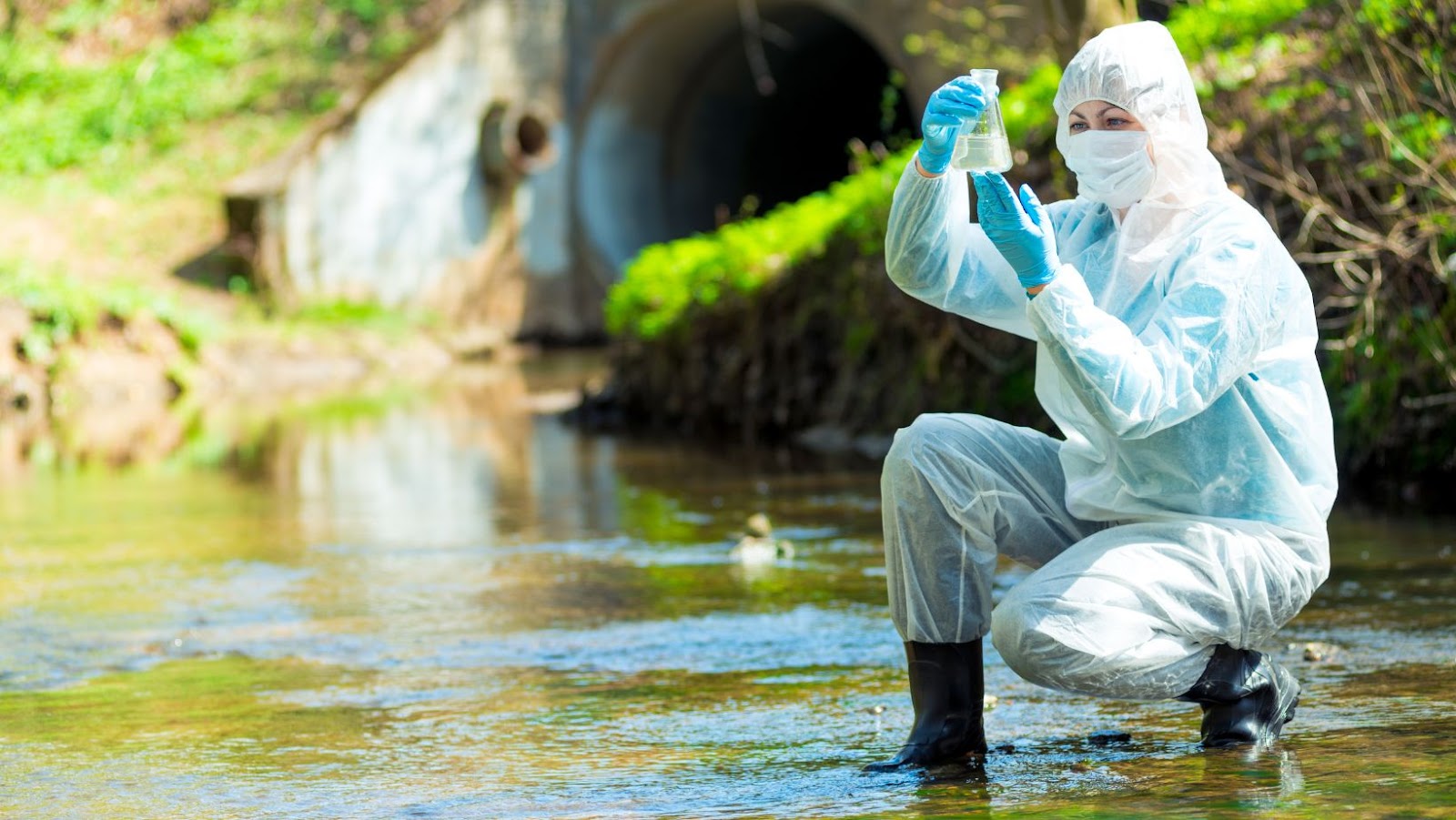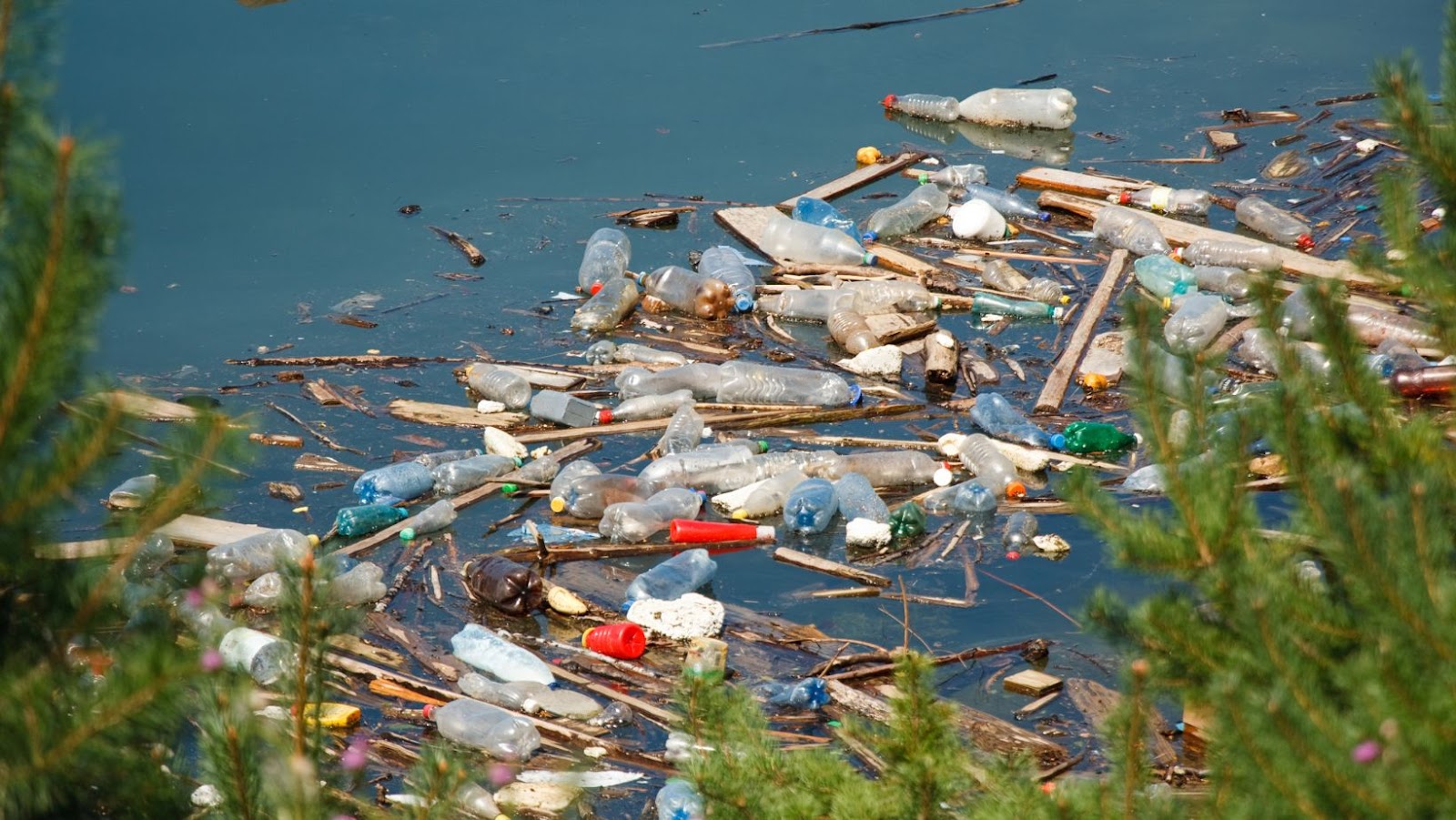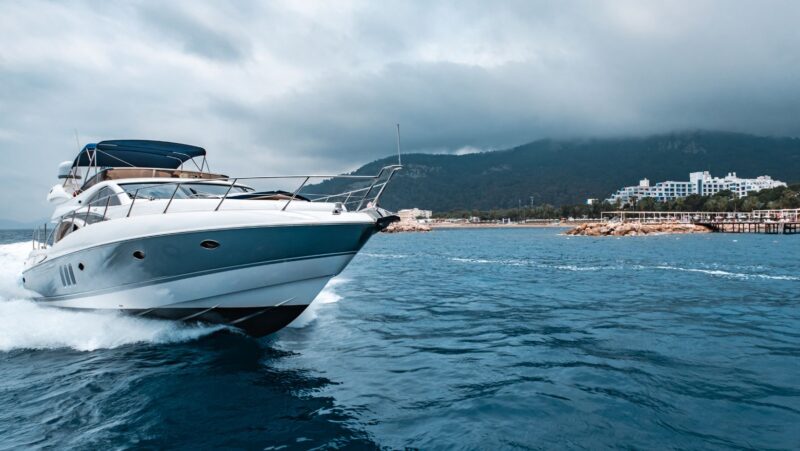
Water contamination is a major health hazard that affects millions of people worldwide. Various factors, including natural disasters, industrial pollution, and inadequate water treatment systems, can cause it. When contamination occurs, the culprits must be held accountable for their actions, and victims have the right to sue for damages.
However, suing the guilty party can be complicated, and many victims may not know where to start. These are the seven tips for successfully suing those responsible and holding them accountable for the harm they have caused.
-
Gather All Relevant Evidence
Gathering all relevant evidence is crucial when suing for damages caused by water contamination. It will help establish the source of the contamination, the extent of the damage, and the guilt of the party responsible.
Water contamination not only affects adults but can even affect children, which is alarming. According to UNICEF, over 1000 children under five die each day from illnesses caused by poor access to water, sanitation, and hygiene.
When gathering evidence, it is essential to start as soon as possible to avoid losing or destroying vital information. Some of the evidence that may be relevant in a water contamination case includes water samples, medical records, environmental assessments, and expert testimony.
-
Identify the Responsible Parties
Determining who is liable for the harm caused to victims and the environment is crucial. Multiple parties may sometimes be responsible for the contamination, including corporations, municipalities, and individuals.
One way to identify the responsible parties is to investigate the contamination’s source. It may involve reviewing public records, interviewing witnesses, and examining potential sources of pollution. Also, consider consulting with experts in fields such as environmental science and toxicology to determine the cause and extent of the contamination.
In addition to identifying the responsible parties, it is vital to determine the specific legal claims that can be brought against them. Depending on the circumstances of the case, different legal theories may be used, such as negligence, strict liability, or breach of contract.
-
Consider Working with an Experienced Attorney
According to the Groundwater foundation, around 10 million storage tanks are thought to be underground in the United States. With time, these tanks may corrode, break, and leak. Serious pollution may result if the toxins escape and enter the groundwater.
When pursuing legal action against those responsible for such type of water contamination, working with an experienced attorney is highly recommended.
An attorney specializing in environmental law or toxic tort cases can provide invaluable guidance throughout the litigation.

Consider the situation with the Camp Lejeune Lawsuit, which is still relevant. Over 1,000 Marines and their family members claimed that exposure to contaminated water at the Camp Lejeune military base caused cancer and other health problems. These cases require the expertise of firms that have handled similar cases before, like TorHoerman Law LLC.
Law firms like TorHoerman Law LLC, which specializes in environmental law, represented the plaintiffs in this landmark case to secure settlements. They have a legal team to navigate the complex legal and regulatory landscape surrounding water contamination cases.
Moreover, an experienced attorney can negotiate on behalf of the victims to obtain a settlement or represent them in court if the case goes to trial.
-
Determine the Jurisdiction and Venue
Determining the jurisdiction and venue for the lawsuit is an important step. Jurisdiction refers to the authority of a court to hear and decide a case, while venue refers to the geographic location where the case should be filed.
Jurisdiction can be established based on several factors, including where the contamination occurred, where the parties reside, and the nature of the brought claims. Ensuring that the court has the authority to hear the case and that the brought claims fall within its jurisdiction is crucial.
The venue is determined based on where the defendant resides or where the incident occurred. Therefore, it is essential to choose the right venue to increase the chances of success in the lawsuit.
-
File a Complaint
Filing a complaint is the formal process of initiating a lawsuit. A complaint is a legal document that outlines the facts of the case and the claims being brought against the defendants.
When drafting a complaint, it is crucial to be specific and detailed about the harm caused by the water contamination, including the physical and economic impact on the victims. The complaint should also identify the responsible parties and the legal claims being brought against them.
The complaint must be filed in the appropriate court and served on the defendants. The defendants then have a period to respond to the complaint by filing an answer or a motion to dismiss the case.
-
Negotiate a Settlement
A settlement is a resolution of the case agreed upon by both parties, often reached through negotiation and compromise.
Settlement negotiations can begin at any point in the legal process, including before a complaint is filed, during the discovery phase, or even during trial. Therefore, working with an experienced attorney is essential to navigate settlement negotiations and ensure that the victim’s rights and interests are protected.

During settlement negotiations, the parties will exchange information and negotiate the terms of a potential settlement. It may include the compensation to be paid to the victims, the scope of any remediation efforts undertaken by the defendants, and any other terms the parties may agree upon.
-
Prepare for Trial
Preparing for trial is a critical step that involves gathering evidence, identifying witnesses, and developing legal arguments to present to the court.
During trial preparation, working closely with an experienced attorney is essential. The attorney can guide on the legal issues involved in the case, help to gather and organize the evidence and identify potential witnesses who can testify on behalf of the victims.
In addition to gathering evidence and identifying witnesses, trial preparation may involve conducting mock trials and developing a trial strategy. Mock trials can help identify the case’s weaknesses and refine the presentation of evidence and legal arguments.
Final Thoughts
Water pollution is a serious issue. The Sustainable Development Goals Report 2022 estimates that by 2030, 1.6 billion people will lack access to safely regulated drinking water. Thus, it is crucial that those responsible for water contamination be held accountable for their actions through proper legal procedures.
By following these tips, victims can obtain fair compensation for the harm caused by the contamination. Ultimately, through these efforts, those responsible will realize that their actions have far-reaching consequences, and measures can be taken to prevent such incidents from occurring in the future.










